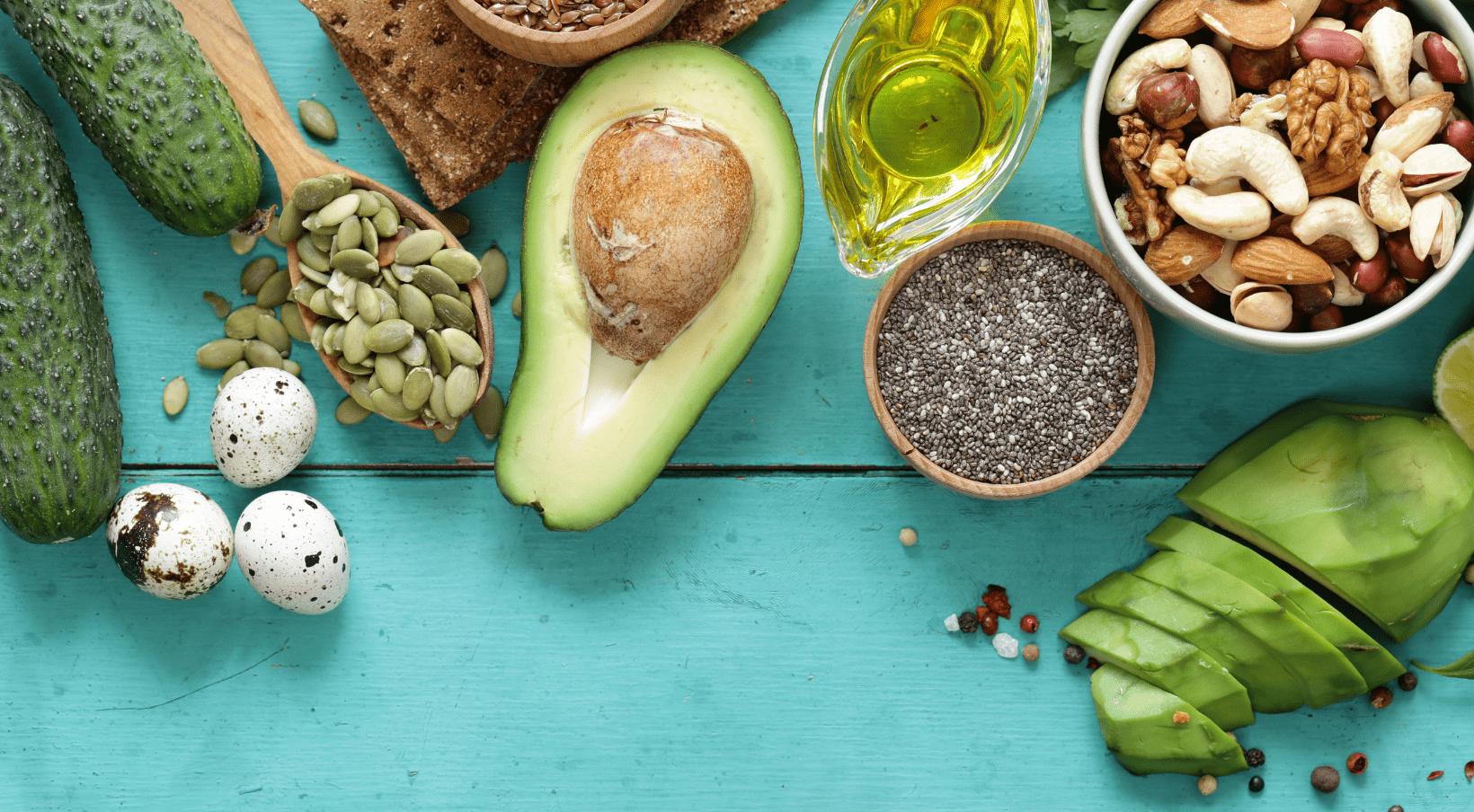A quick lowdown…
This magnificent mineral is incredibly important as it plays a role in so many functions of our body and is essential for maintaining good health. In fact, it is involved in over 300 reactions with every cell needing it to function optimally.
So, if you feeling stressed, overwhelmed, tired, not sleeping well, have a sluggish digestion and maybe feeling low or anxious, you could be needing a bit of a magnesium boost.
How does magnesium benefit our health?
There’s a long list but here’s a few…
- It helps us produce energy.
- It helps create new proteins from amino acids.
- It helps keeps our bones and teeth healthy.
- It helps with calcium absorption so if taking a calcium supplement, it is often helpful to take a magnesium one alongside it.
- It converts Vitamin D to its active form.
- It helps our muscles relax.
- It helps lower blood sugar and insulin control – so can play a role in reducing cravings and weight loss.
- It supports the production of oestrogen, progesterone and testosterone our important steroid hormones.
- Helps us sleep – precursor to hormone melatonin which helps us sleep.
- Supports brain health and mental wellbeing – in studies, low levels have been linked to depression.
- It can calm our nervous system – it lowers adrenalin and cortisol therefore supports our stress response.
- It is important for production of thyroid hormones.
- It supports blood pressure and cardiovascular health.
How can we increase magnesium through diet?
There are lots of foods options which are easily incorporated into our meals and snacks. You don’t need to overhaul your diet, just a few minor tweaks can easily increase your levels.
- Nuts e.g. almonds, cashews, peanuts, brazils
- Seeds e.g. pumpkin, sesame, chia, ground flax, sunflower
- Fish e.g. tuna, mackerel salmon
- Legume e.g. kidney beans, cannellini beans, chickpeas.
- Lentils
- Wholegrains e.g. brown rice, quinoa, wild rice, buckwheat
- Dark green leafy veg e.g. spinach, kale, chard, broccoli
- Bananas
- Avocadoes
- Yoghurt
- Tofu
- Turkey
- Dark chocolate/cocoa
- Dried dates, apricots and figs
Some examples…
50g spinach = 25mg magnesium – add to scrambled eggs, salts, curries, wilt through into rice.
25g of cashews = 60mg – have as a snack, add to porridge, stir fries or yoghurt.
100g turkey = 26mg – pan fry, use in chilli or Bolognese.
100g Greek yoghurt = 17mg – serve with a banana (31mg) and some almonds (60mg)
Its not difficult to build up to about 300mg per day which is approximately recommended amount but often our food quality isn’t what it used to be so it can be worth considering supplementation.
Symptoms of low magnesium levels
This is not always easy to spot and the symptoms below could be because of many other reasons but common signs of low magnesium levels could include:
- Muscle stiffness, cramps, restless legs
- Headaches, migraines
- Poor sleep
- Tiredness
- Low mood, anxiety, brain fog.
- PMS, especially painful cramping.
- Feeling overwhelmed, can’t switch off
- Constipation
Supplementing
You might consider supplementing with magnesium if you experience any of the typical low magnesium symptoms but also if are under stress in any way as this reduces magnesium levels in the body. Also, if you have digestive issues like IBS as it can affect nutrient availability.
The recommended daily amount (RDA) of magnesium for adults between 19-64 is 300mg for men / 270mg for women. I often recommend starting low and slow with a dose if taking it for the first time. It is essential that you check with your doctor if you have any health issues or are taking any medications before taking any supplement.
When considering a magnesium supplement, it is important to note there are different types which come with different qualities. For example, some forms are more easily absorbed in the gut as they dissolve well in water. It is important to choose the type of magnesium which is most suited to your needs and symptoms.
- Magnesium citrate – ideal for a sluggish bowel, constipation, anxiety (not recommended if you suffer from loose stools).
- Magnesium taurate – promotes calmness so great for anxiety and sleep, cardiovascular support.
- Magnesium glycinate – easily absorbed, supports relaxation, sleep, anxiety and depression.
- Magnesium sulphate – aka Epsom salt baths – helps ease tired muscles, relaxation and stress relief.
- Magnesium malate – can support energy production so a good choice for low energy or fatigue, also muscle pain
- Magnesium l threonate – this form can cross the blood brain barrier so ideal for brain health and mental well being.
- Magnesium oxide – this is the cheapest form so often used in a lot of lower quality supplements and the least well absorbed – often used for constipation, heartburn and indigestion.
If you feel you would like more support with any health issues or would like some further advice on magnesium supplementation then feel free to get in contact and book a complimentary consultation.





